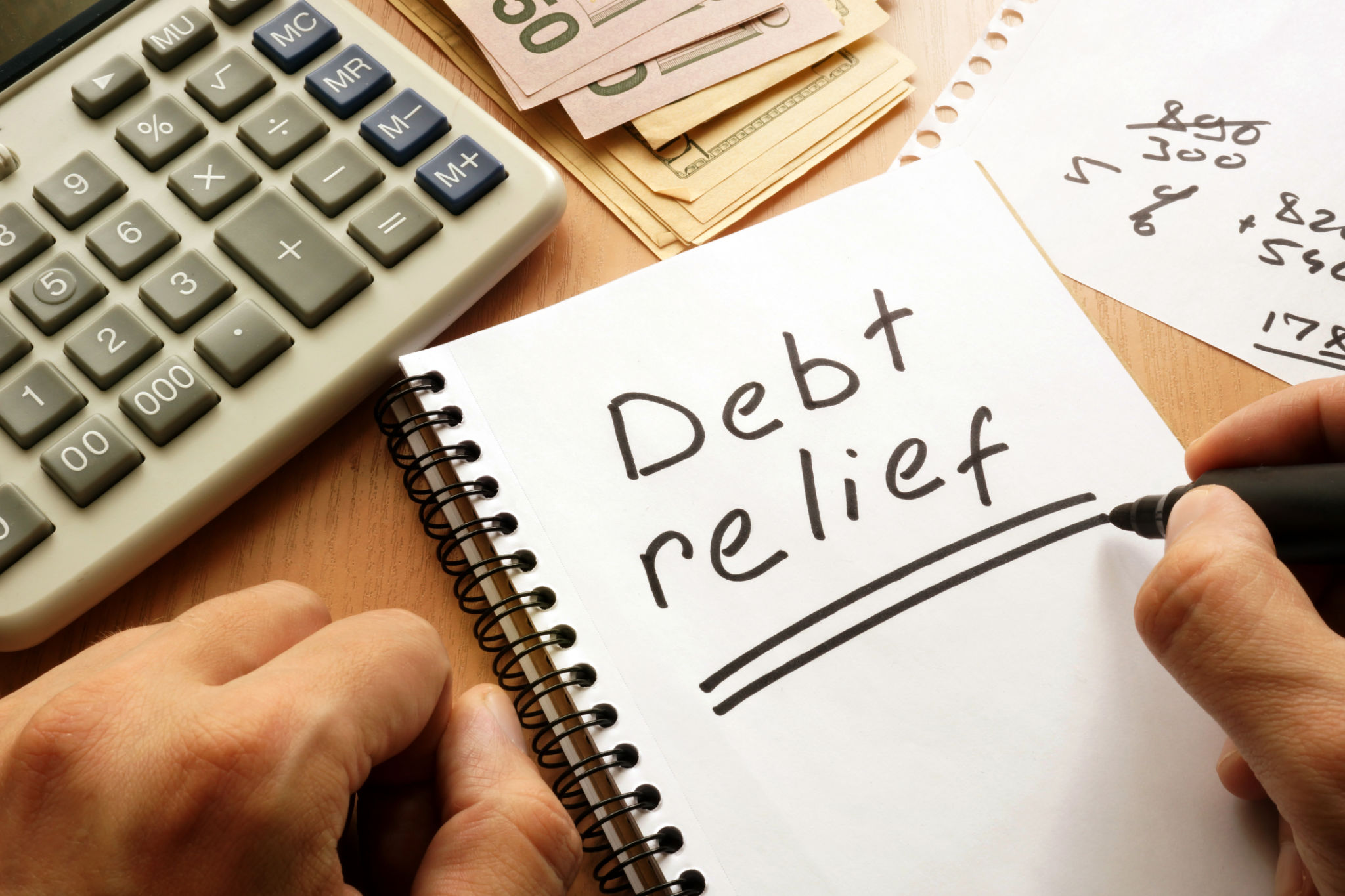How to Stop Debt Collection Harassment and Regain Control of Your Life
Every day, countless Americans deal with relentless phone calls, threatening letters, and even lawsuits from debt collectors. If you’re tired of the anxiety and stress that come with constant harassment, you are not alone—and you have rights.
Debt collection harassment is illegal. The Fair Debt Collection Practices Act (FDCPA) provides protections for consumers against abusive collection tactics. Whether you're receiving threatening calls at work, being sued by a debt collector, or facing the possibility of wage garnishment, you have legal tools available to help you fight back.
Understanding Debt Collection Harassment

What Constitutes Harassment?
Debt collection crosses the line into harassment when:
- You receive frequent or late-night calls
- Collectors use threats, profanity, or lies
- You're contacted at work after telling them not to
- They disclose your debt to others
- They threaten arrest or legal action they cannot take
Know Your Legal Rights (FDCPA)
The Fair Debt Collection Practices Act forbids debt collectors from:
- Contacting you at unreasonable hours
- Using misleading or threatening language
- Discussing your debt with family, friends, or employers
- Continuing to contact you after a written cease and desist letter
You also have the right to:
- Request written validation of the debt
- Dispute the debt
- Be free from false or abusive collection practices
What You Can Do to Stop Collection Calls

Send a Cease and Desist Letter
A cease and desist letter is a formal written request telling the debt collector to stop contacting you. After receiving it, they can only reach out once more to inform you of their next legal steps.
Report Abusive Collectors
If a collector breaks the law, file a complaint with:
- The Consumer Financial Protection Bureau (CFPB)
- Your State Attorney General’s Office
- The Federal Trade Commission (FTC)
Document everything—dates, times, and what was said.
Record the Calls
In many states, you can legally record collection calls (check your local laws). This documentation can serve as powerful evidence if legal action is necessary.
What to Do If You’re Sued by a Debt Collector

Do Not Ignore the Lawsuit
If you’re sued by a debt collector, ignoring the summons can result in an automatic judgment against you, leading to wage garnishment or bank levies.
Seek Legal Help Immediately
Many nonprofits and legal aid organizations offer free or low-cost representation for debt collection cases. An experienced attorney can:
- Challenge the lawsuit
- Negotiate a settlement
- Help you avoid wage garnishment
- Review whether the debt is even valid
Challenge Old or Invalid Debts
Debt collectors often sue on expired or "zombie" debts. Many consumers don’t realize that debts beyond a certain age are no longer legally collectible in court.
How to Avoid Wage Garnishment and Legal Action

Negotiate With Collectors Early
Once legal action begins, it becomes more difficult (but not impossible) to negotiate. Before things escalate:
- Request a payment plan
- Ask for a debt settlement offer
- Get any agreement in writing
Work With a Debt Relief Expert
Debt relief professionals can step in, negotiate on your behalf, and stop the escalation before it reaches the courts. In many cases, you can:
- Lower your payments
- Stop the harassment
- Avoid lawsuits entirely
Consider a Debt Management Plan (DMP)
DMPs allow you to combine unsecured debts into one plan. Collectors will stop contacting you, and your plan will cover all accounts in one monthly payment.
Legal Help and Financial Solutions Available

Get Legal Support for Collections
If you’re being harassed, sued, or illegally threatened, legal professionals can:
- Send cease and desist letters
- Defend you in court
- File counterclaims for FDCPA violations
- Help you cancel credit card debt legally
Explore Debt Settlement or Relief Programs
In more severe cases, where debts are already in collections, debt relief solutions such as settlement or financial hardship assistance may be more effective.
- Pay less than you owe
- Resolve debts faster
- Stop collection efforts
How to Regain Control Over Your Finances

Rebuild After Harassment
Once the harassment ends, your focus should shift toward rebuilding your finances. Start by:
- Creating a basic budget
- Tracking your income and expenses
- Prioritizing essential bills
- Setting aside emergency savings
Monitor Your Credit Report
Check your credit reports for:
- Errors or duplicates
- Old collection accounts
- Improperly reported balances
You’re entitled to one free report each year from the three major bureaus (Equifax, Experian, TransUnion).
Consider Credit Counseling
A certified credit counselor can help you:
- Analyze your financial situation
- Build a personalized debt strategy
- Avoid future collection problems
You Deserve Peace, Here’s How to Get It

No one deserves to live in fear of answering their phone or checking their mail. Harassment from debt collectors can feel deeply personal, but it’s also a violation of your rights.
You’re not alone, and there are trusted resources and professionals ready to help you. Whether you’re simply seeking guidance, fighting a lawsuit, or desperate to stop the calls—help is available now.